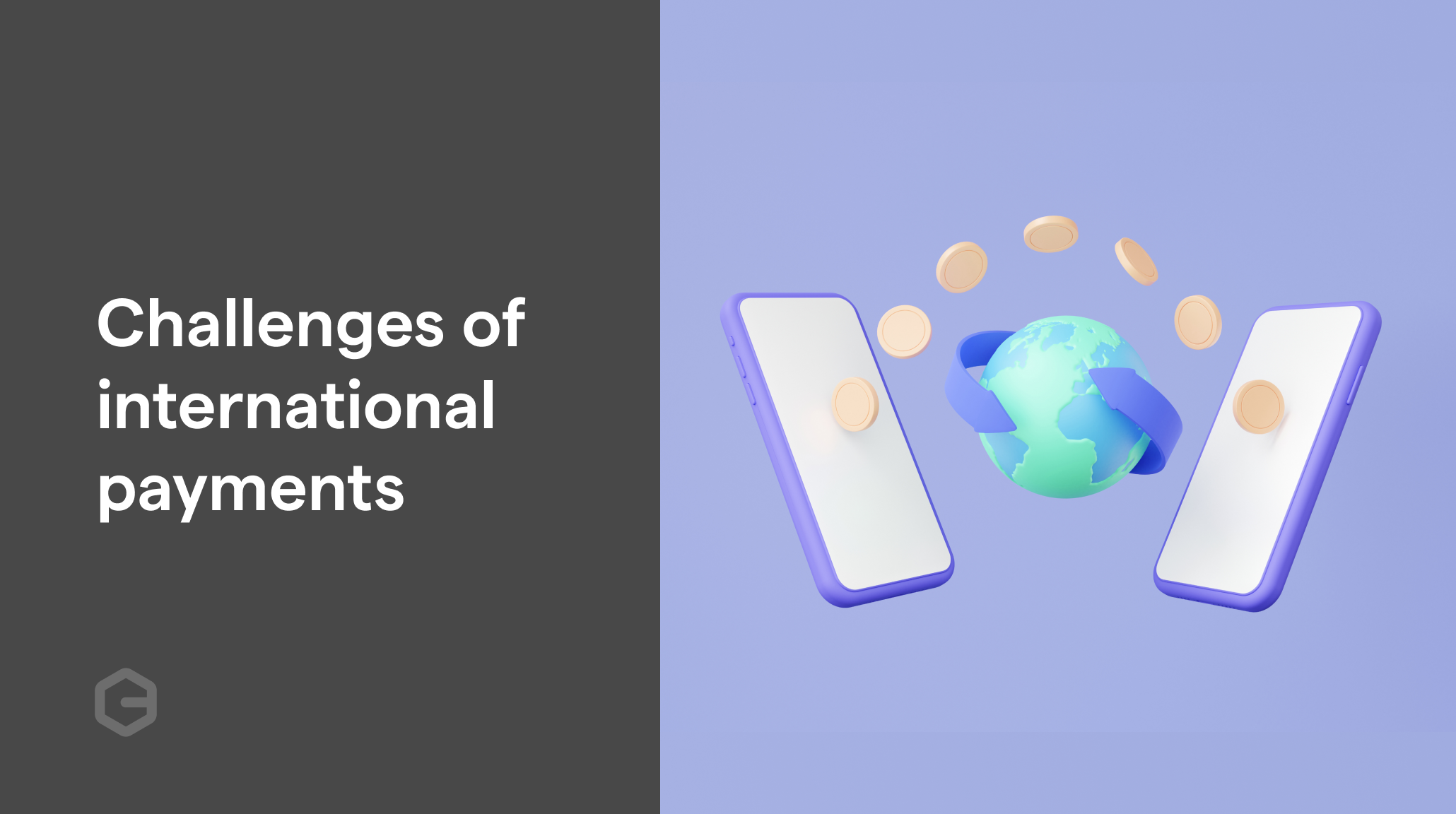RoSCTL, which stands for Rebate of State and Central Taxes and Levies, was launched in March 2019, with an effort to promote India's apparel export industry. The initiative seeks to bolster the competitiveness of Indian apparel and garment exporters by offering them refunds for various taxes and levies incurred during the production cycle.
The RoSCTL scheme provides exporters with a rebate on State Taxes and Levies, which includes VAT on fuel used in transportation, captive power, agricultural sector taxes, market taxes, electricity duties, stamp duties on export paperwork, embedded State Goods and Services Tax (SGST) paid on inputs like pesticides, fertilizers, etc., used in raw cotton production, purchases from unregistered suppliers, coal used for electricity generation, and inputs for the transportation sector. The rebate for Central Taxes and Levies includes central excise duty on transportation fuel, embedded Central Goods and Services Tax (CGST) paid on inputs such as pesticides, fertilizers etc. used in raw cotton production, purchases from unregistered suppliers, inputs for transportation, and embedded CGST and Compensation Cess on coal used in electricity generation.
The scheme was initially launched on March 7, 2019, with approval from the Union Cabinet until March 31, 2020. Subsequently, the scheme was further approved until March 31, 2024, with an extension being announced till March 31, 2026. This ensures a stable policy framework crucial for long-term trade planning, especially in the textiles sector where advance orders are common for extended delivery periods
Benefits of the RoSCTL Scheme
RoSCTL serves as an export incentive by providing exporters with transferable credit scrips that can be utilized for custom duty payments. These scrips can be transferred to any individual possessing a valid Import Export Code (IEC) and ICEGATE registration.Exporters opting for RoSCTL scrips must maintain shipping bills and associated export documents for a duration of three years from the scrip's issuance date.
Restrictions on rebate under the RoSCTL Scheme:
Below is the list of goods not eligible for the RoSCTL Scheme:
- Trans-Shipped goods
- Goods subjected to minimum support price or export duty
- Goods manufactured or exported from Special Economic Zones or Export Processing Zones
- Goods that have been taken into use after the manufacturing or reconditioning of used goods
- Goods for which duty credit claim has not been filed in a shipping bill or a bill of export in the customs automated system
Advantages of RoSCTL
- Enhanced Global Competitiveness - A detailed invoice outlining the software or services being exported, along with their respective values, is a fundamental requirement for the Softex process.
- Increased Export Revenue -The RoSCTL plan encourages exporters to boost their export volumes by providing refunds on taxes and levies. Thus, enabling exporters with a higher working capital and a leverage to explore new markets.
- Comprehensive Coverage -The RoSCTL scheme provides comprehensive coverage for a wide range of clothing and garment items, including cotton, silk, knitwear, and woven fabrics.
Conclusion
In conclusion, the RoSCTL scheme emerges as a crucial policy measure aimed at bolstering the competitiveness of Indian exports, particularly in the apparel segment, which are recognized for their value addition and labor-intensive nature within the Textile Value Chain. By providing refunds for various taxes and levies incurred during production, this initiative not only supports exporters but also contributes to the overall growth and dynamism of India's textile industry. With its focus on enhancing global competitiveness and facilitating market expansion, the RoSCTL scheme signifies a significant step forward in fortifying India's position in the global textile and apparel market.



